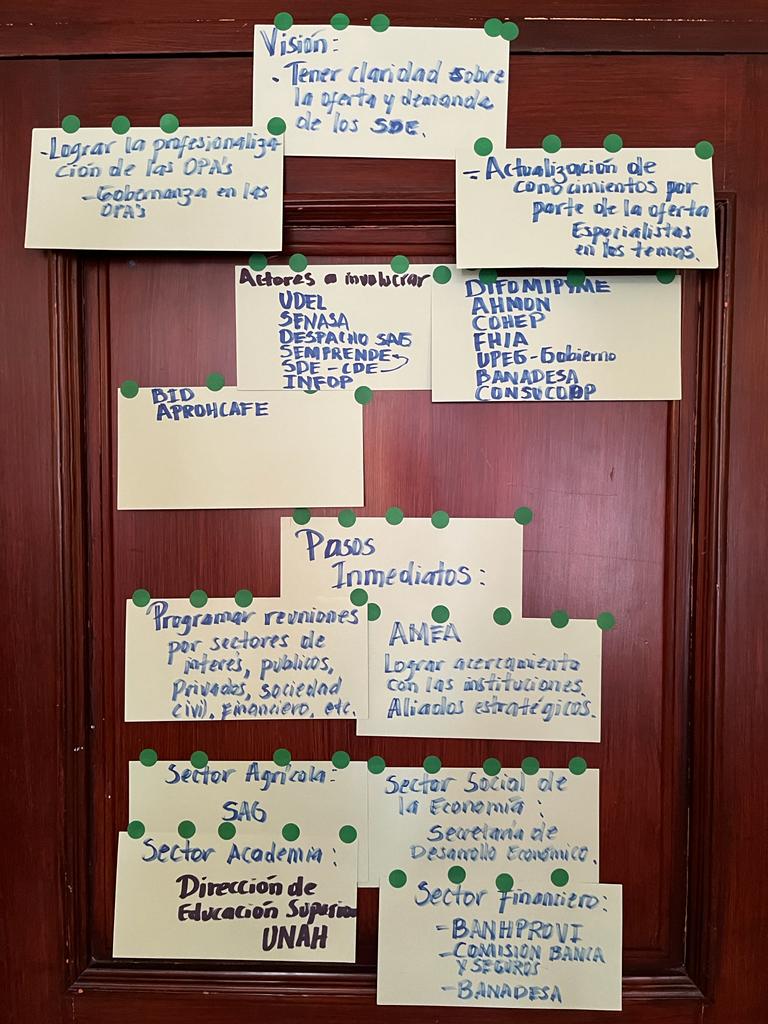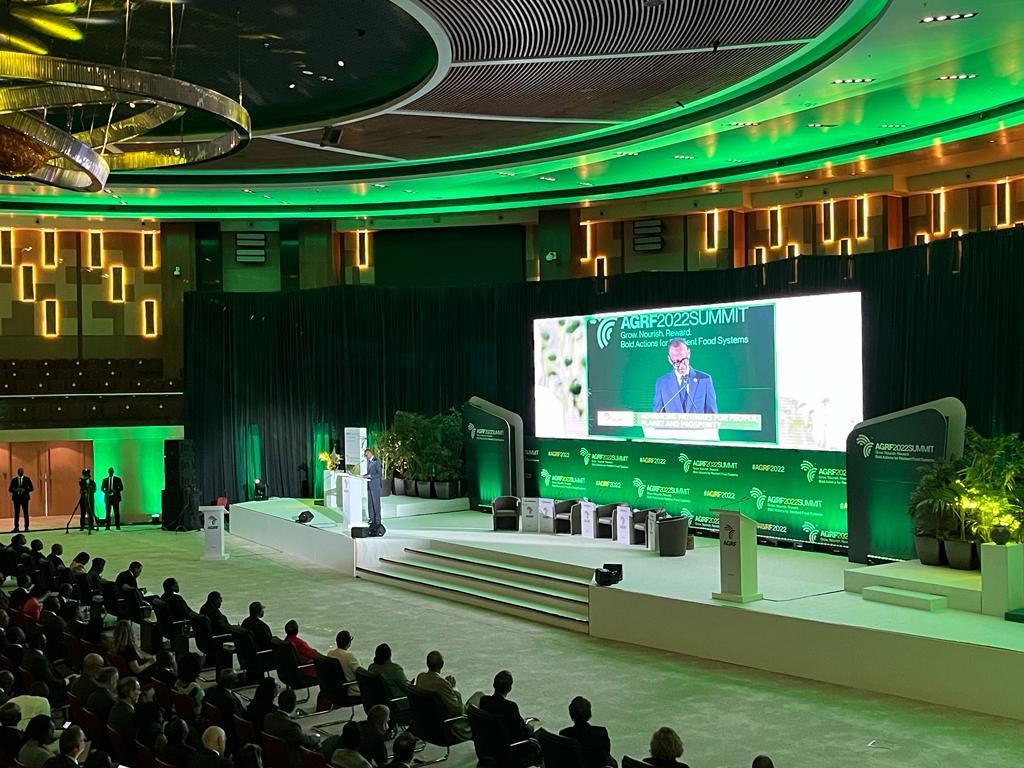Strengthening farmer organisations for genuine inclusion
AMEA is a global network whose members and partners support millions of farmers to professionalize their business organisations. They work with all kinds of farmer-led small and medium enterprises (SMEs): cooperatives, associations, and farmer-led businesses like input retailer shops. Strengthening their capacities enables these organisations to access higher-value markets, inputs, and finance. This allows them to improve their services for members or customers.
Can you share your thoughts about CLUED-iN magazine? What did you like about it? What inspired you? Can you give an example?
Unfortunately, I only discovered the CLUED-iN magazine this year. I immediately saw the relevance of such bi-monthly publications. What I liked the most about the magazine editions was the variety of themes and how the editors managed, each time, to gather inputs from a diverse set of contributors. For example, themes such as Food Security, Data, and Storytelling really peaked my interest. These topics are very relevant for the work we do in AMEA, which is of advancing sustainability in the ecosystems of delivery of business development services for farmer organizations and Agri-SMEs. The variety of contributions allowed me to have access to different perspectives on these topics about how to tackle the issues inherent to inclusive business.
I think this combination, “variety of themes – diversity of contributions,” can be very stimulating for debates and for improving knowledge and decision-making internally in any organization.
Which issues are most pressing for your work in inclusive business now?
AMEA is a network of more than 30 organizations working to advance the professionalization of farmer organizations and agri-SMEs. As such, there are quite a few pressing topics regarding inclusivity that must be taken into consideration when striving to form a common agenda of learning and action.
An example is the way farmer organizations and agri-SMEs are integrated in the value chains where they operate. There is a stark difference between involving smallholder farmers in a value chain and promoting genuine inclusion. As such, the relationships between the farmer organizations/agri-SMEs and their business partners, as well as intra-farmer organizations, are key to be examined. Good and bad lessons from this relationship must inform our future work.
That is why AMEA has co-financed 10 innovation projects and several studies in the past three years that looked into inclusivity matters, such as scalability and sustainability of business development services (BDS), gender and youth empowerment, food safety, and access to finance, among others.

How do you see inclusive business evolving in the future?
I personally see inclusive business evolving in a few aspects. First, I believe that the debates will be more holistic. We will talk less often about one specific aspect of inclusion, such as economic benefits, or specific social benefits, to talk more broadly about how to grasp all actors and stakeholders’ needs, (i.e. customers, employers, suppliers, among others) from the start. This way, businesses can more readily create a net positive effect in society, without doing any harm.
Along these lines, I also believe that the concept of inclusive business will evolve to include new pressing issues for societies where the businesses operate. Some are already clear for us, such as food security, climate resilience, gender equality, and youth empowerment. Others might still reveal themselves to us. As time progresses, the opportunities, challenges, and even crises that affect various communities around the world will generate new needs for many. The businesses wanting to do justice to being called inclusive will need to heed the signs and act upon the societies’ most pressing needs.
Finally, I also believe that data and new technologies will play an ever increasing role in inclusive business. There is so much data out there waiting to be organized into inputs and information for action. We need to harness this information, improve our knowledge about inclusive business and the populations for which these businesses are supposed to bring benefits, and act upon the opportunities that arise. New technologies can help us with this task.
In sum, inclusive business is not a static topic for me. Debates and application of concepts and knowledge about inclusive business have considerably evolved in the past decades. And as we continue to advance, as humans, businesses ought to become better at bringing about genuine inclusion for the societies in where they operate.
